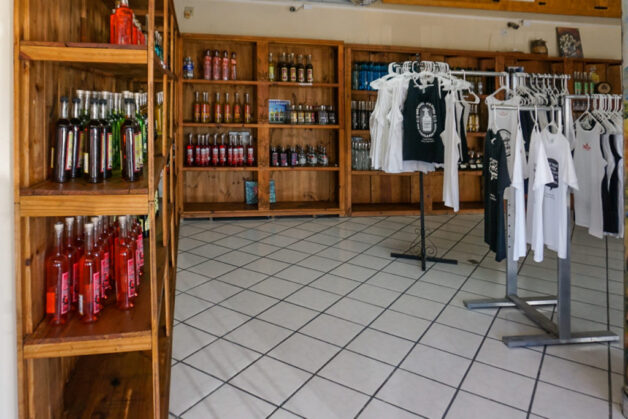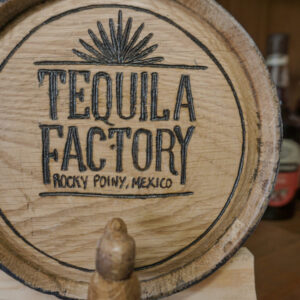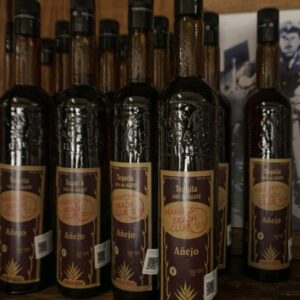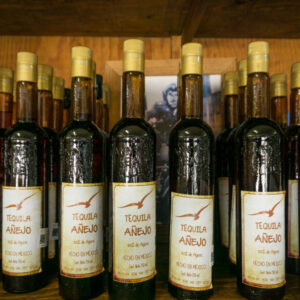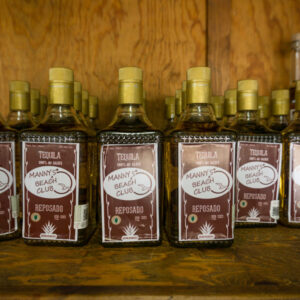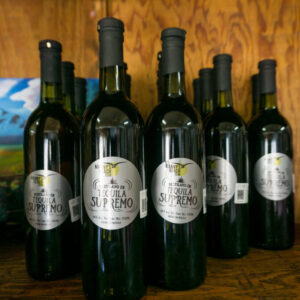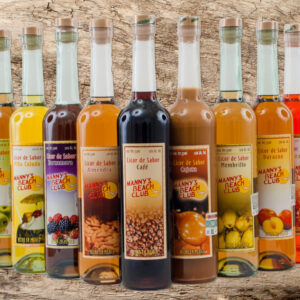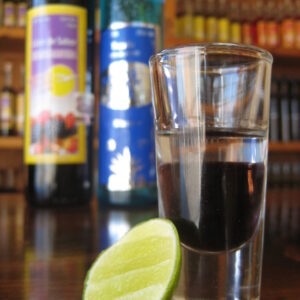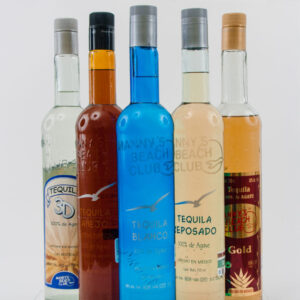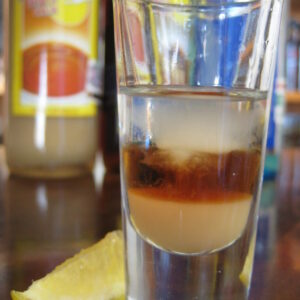Their tequila falls under the classification of “Tequila Artesanal,” which denotes a distinctly crafted tequila produced in limited quantities. Moreover, it’s crafted without any chemicals, using only 100% blue agave, indigenous to Mexico.
Their tequila is categorized as “Tequila Artesanal,” indicating it’s a carefully crafted spirit made in small batches. Furthermore, it’s produced without the use of any chemicals, utilizing solely 100% blue agave, which is native to Mexico.
Types of Tequila
Varieties of Tequila
Tequila Blanco, also known as White or Silver, is the classic form of tequila. Crystal clear and transparent, it is bottled immediately after distillation, retaining the authentic flavor of blue agave and often possessing a robust intensity.
Tequila Reposado, meaning “rested,” matures for a period of 3 to 11 months in white oak barrels. This aging imparts a smoothness to its taste and a subtle pale hue, courtesy of the oak barrels.
Tequila Anejo, translating to “aged,” undergoes maturation for 11 months to 4 years in white oak barrels. Beyond 4 years, it earns designations such as Anejo, Antiguo, or Reserva. The amber color and nuanced woody notes derive from the oak, resulting in a sophisticated choice cherished by aficionados.
Triple Distilled Tequila is a refined version with a much smoother bouquet, appealing particularly to newcomers to tequila tasting.
Tequila Mixto, also referred to as Oro or Gold, is a white tequila softened by the addition of colorants and flavorings. If a bottle doesn’t specify “100% agave,” it’s a mixto tequila. In its fermentation process, at least 51% of the sugars destined for alcohol conversion come from the agave plant, while the remaining 49% can be sourced from cane or other sugars.
Included in the experience:
- Tequila samples
- Engaging presentation and Q&A session to educate about the tequila making process
